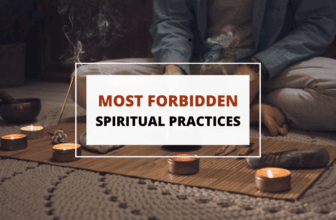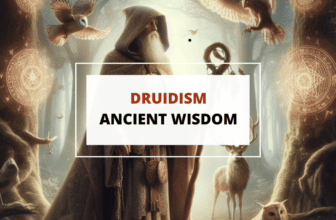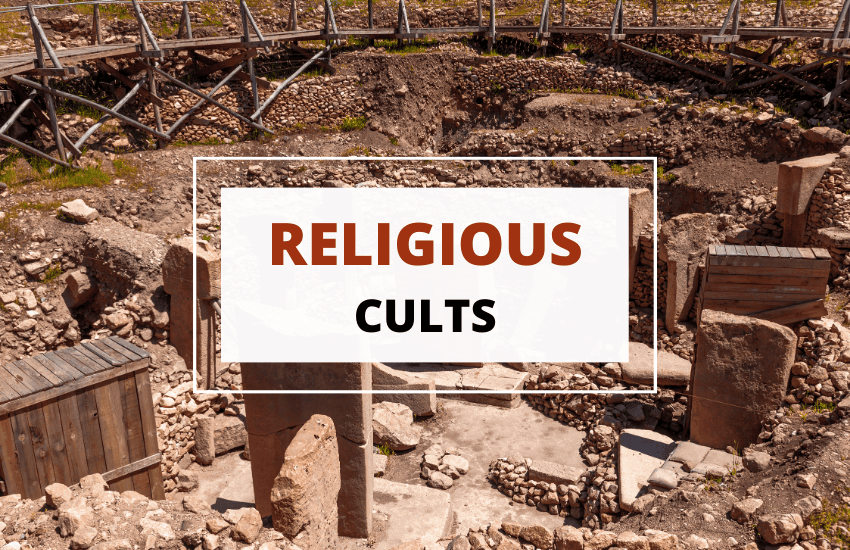
Most people do not join cults on purpose. They are usually searching for a group of people who think like them and a spiritual or religious practice that matches their beliefs. From the outside, cults might look similar to a church, having a leader and a group of followers. However, while religions generally provide guidelines for spiritual support and community help, cults can become harmful.
Here are some of the most sickening religious cults that have ever existed – and shockingly, they still exist.
The Children of God
The Children of God cult was established in 1968 by David Berg in Huntington Beach, California. It initially portrayed itself as a Christian group centered on love and faith. However, this facade concealed the dark reality of exploitation and abuse perpetrated against its members. Berg, who adopted the name “Moses David” after biblical figures, promoted sexual promiscuity under the guise of expressing God’s love.
One notorious practice Berg introduced was “Flirty Fishing,” which involved female members using sexual relationships to recruit new followers. This directive even applied to married women, whom the cult encouraged to seduce men to expand its influence. Additionally, Berg sanctioned adult-child relationships, practices that deeply indoctrinated members defended.
The psychological toll on those who managed to escape the cult was profound. Many former members suffered severe psychological trauma, with some tragically taking their own lives. They were unable to cope with their past experiences. Among the cult’s former members were the families of actors Rose McGowan and Joaquin Phoenix.
The Phoenix family joined when Joaquin was very young and left a few years later. They were disillusioned by the cult’s harmful activities and direction. Upon their departure, they changed their last name from Bottom to Phoenix. This symbolized a rebirth from the ashes of their previous lives.
Today, the organization operates under the name The Family International. It has attempted to distance itself from its controversial history by publicly denouncing Berg’s extreme doctrines and practices. Despite these efforts, the painful legacy of the cult’s past continues to haunt former members and serves as a stark reminder of its harmful impact.
Gloriavale
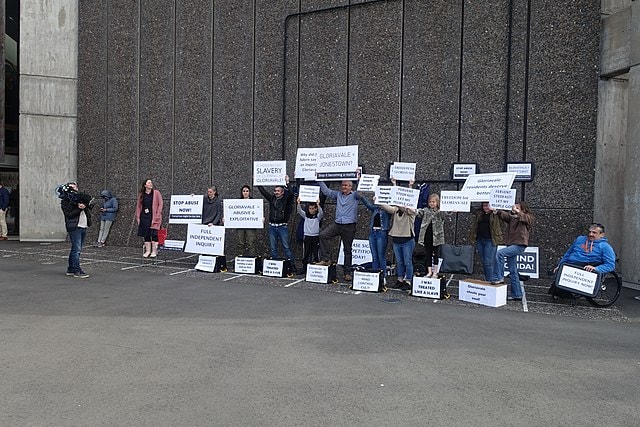
Gloriavale is a Christian fundamentalist community located on New Zealand’s South Island. It was ounded in 1969 by Neville Cooper, who later renamed himself Hopeful Christian. This community strictly follows the New Testament of the Bible, shaping every aspect of its residents’ lives.
People in Gloriavale share everything and adhere to a stringent code that dictates their dress, work, and social interactions. While it may seem peaceful to outsiders, the community is controversial due to its internal practices.
Ex-members have exposed issues like forced labor, physical and sexual abuse, and severe restrictions on personal freedoms. They describe an isolated environment tightly controlled by Hopeful Christian, with limited access to education and external information.
Women and children suffer the most, with women having little say over their lives, including marriage choices, and children facing harsh discipline, sometimes including physical punishment.
Despite external criticisms, Gloriavale remains isolated, viewing the outside world as morally corrupt. This isolation reinforces the leaders’ control, continuing a cycle of abuse. The troubling testimonies from former members have led to ongoing scrutiny by the media and legal authorities, highlighting serious concerns for the welfare of its residents.
Synanon Cult
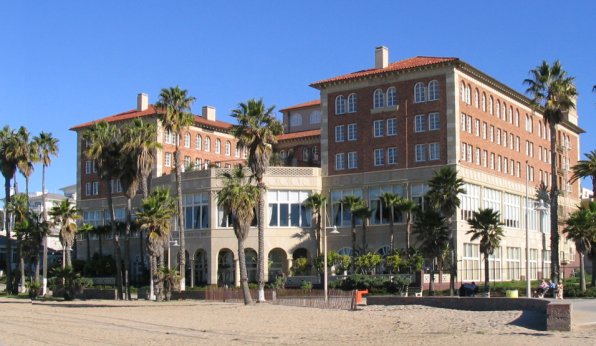
Originally a drug rehabilitation program founded in 1958 by Charles E. Dederich, Synanon evolved into a cult-like community by the 1970s in Santa Monica, California. Initially praised for its innovative addiction treatment methods, the program began as effective.
Members of Synanon lived communally, adhering to strict rules and engaging in “The Game,” an aggressive form of group therapy. Over time, the organization expanded, attracting not only drug addicts but also those seeking a new way of life, which led to significant changes in its structure and beliefs.
When Dederich declared Synanon a religion, the group’s transformation into a cult was solidified. It imposed extreme controls over its members, including mandatory vasectomies for men and enforced divorces and remarriages. Children were separated from their parents to be raised communally.
Leaving Synanon became perilous, with departees facing violent retribution. One ex-member, Phil Ritter, was severely beaten, resulting in a coma and life-threatening injuries.
The community’s shift towards militarization and criminal activities marked a critical turning point. Dederich made public threats of violence, reflecting the group’s aggressive stance. Synanon also faced serious legal issues, including accusations of attempted murder, leading to a series of court battles.
By the late 1980s, overwhelmed by lawsuits and criminal charges against its leaders, Synanon had collapsed. This downfall marked the end of its journey from a promising treatment facility to a dangerous cult.
Fundamentalist Church of Jesus Christ of Latter-Day Saints (FLDS)
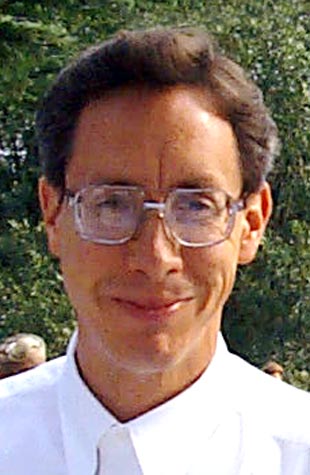
The Fundamentalist Church of Jesus Christ of Latter-Day Saints (FLDS) split from the mainstream Mormon Church in the early 20th century over polygamy, which the mainstream church, known as The Church of Jesus Christ of Latter-day Saints, had renounced in 1890. The FLDS, however, has continued the practice as a fundamental part of their faith.
Led by Warren Jeffs until his 2006 arrest, the FLDS established secluded communities, mainly along the Utah-Arizona border. Known for strict and secretive practices, including arranging marriages between underage girls and older men, the group has faced extensive legal issues and public outcry.
Jeffs was convicted in 2007 for arranging these underage marriages and is serving a life sentence plus 20 years. Despite his imprisonment, he maintains significant influence over the FLDS, illustrating the deep indoctrination of its members.
Jeffs’ ongoing influence underscores the challenges faced by law enforcement and social services in protecting the rights and welfare of the FLDS community, particularly women and children. The community’s isolation and the strong control by FLDS leadership complicate external intervention and support.
Heaven’s Gate
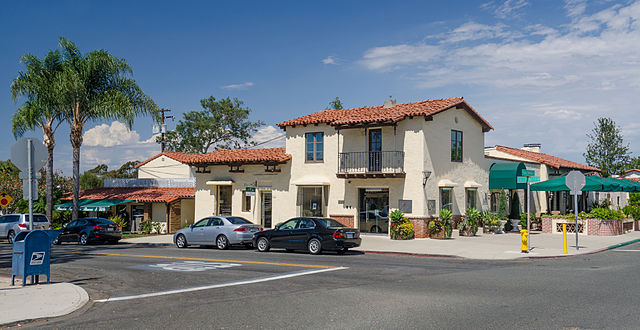
Marshall Applewhite and Bonnie Nettles, who called themselves “The Two,” established Heaven’s Gate, an American UFO cult, in the early 1970s.They preached that a UFO would come to Earth to take the true believers to a higher existence, positioning their members as uniquely chosen among humanity.
The cult melded Christianity with New Age beliefs and ufology, claiming that the Earth would undergo a cleansing process they referred to as “recycling.” They believed their salvation lay in leaving their physical bodies to ascend to a higher level aboard a spacecraft they thought was following the Hale-Bopp comet.
In March 1997, Heaven’s Gate made international headlines when 39 members, including Applewhite, committed mass suicide in a mansion in Rancho Santa Fe, California. They believed this act would allow their souls to board the anticipated spacecraft. The method involved consuming phenobarbital mixed with applesauce or pudding, followed by asphyxiation induced by placing plastic bags over their heads.
Each member uniformly dressed in black shirts, sweatpants, black-and-white Nike Decade sneakers, and wore armband patches reading “Heaven’s Gate Away Team.” This event marked the largest mass suicide on U.S. soil and led to significant media coverage and scholarly interest in the dynamics of cults.
The mass suicide essentially left no one to continue the group, leading to its dissolution. While it might be tempting to dismiss such groups and their followers as irrational, such a view ignores the complex psychological, social, and personal factors that draw individuals into these environments. Understanding these aspects can provide deeper insights into human behavior and social dynamics.
Wrapping Up
Religious cults continue to shock and fascinate us with their extreme beliefs and practices. Understanding these groups is crucial for recognizing the signs of manipulation and control, helping to protect vulnerable individuals from falling prey to such environments. Awareness and education remain our best defense against these secretive organizations.





